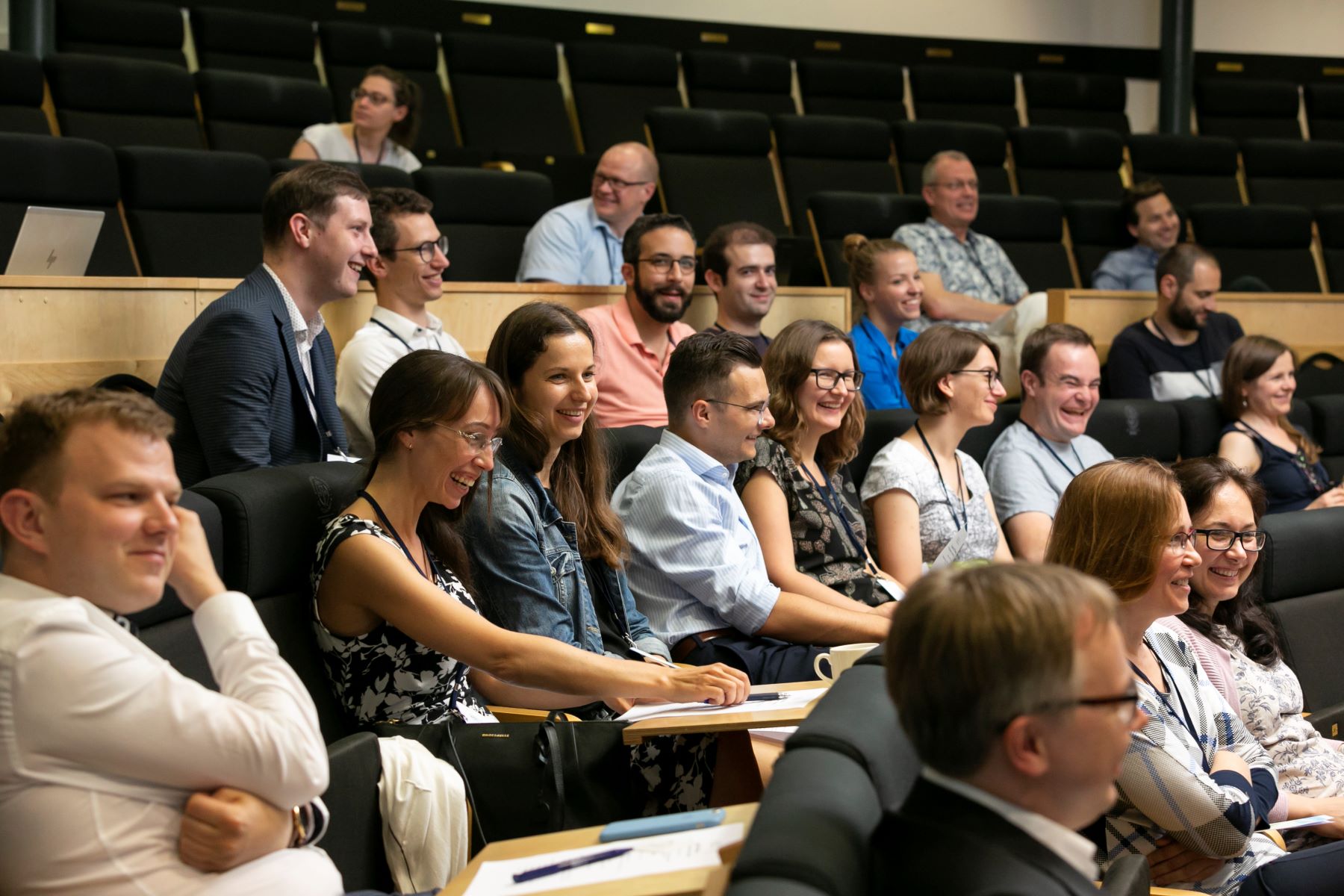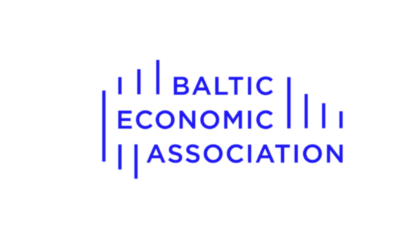On 21 February at 11.00 you are invited to attend the research seminar of the School of Economics and Business Administration of the University of Tartu in which Irakli Barbakadze (University of Cambridge) will present the results of the research project “Political Risk Insurance: The Role of Lobbying Meetings”.
The paper studies how the degree of firms’ disclosed political risk varies with the intensity of lobbying activities. Beyond the traditional rent-seeking mechanism, lobbying can also overcome information asymmetry between firms and policymakers, enabling firms to mitigate their political risk exposure. The paper uses the information on lobbying meetings of UK-based publicly listed firms and their disclosed political risk through quarterly conference call reports and shows that lobbying reduces firm-level political risk. However, the effectiveness of lobbying as a risk-mitigating tool depends on the political risk and lobbying type. The largest effect of lobbying on political risk reduction is documented in the case of risk coming from institutions and political processes, tax policy, or environmental policy. The least effect is observed on trade policy uncertainty. The results also show that group lobbying is relatively more effective than individual lobbying as it is associated with better information transfers from policymakers and other meeting participants. Importantly, lobbying at the highest policy level does not contribute much to political risk reduction. However, targeting lobbying activities to specific government positions matters the most, such as the Economic Secretary and Parliamentary under-secretary. Lastly, the value of lobbying is larger during periods of high economic policy uncertainty when the demand for policy information is high.
Meeting ID: 944 7113 7084
Passcode: 730945

